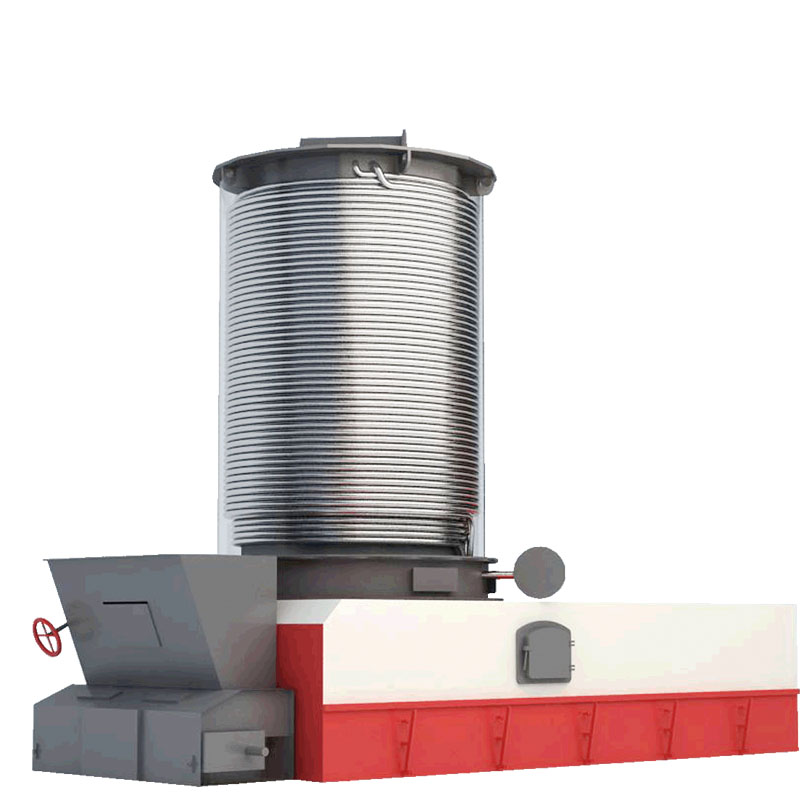boiler for leather factory factories
Boilers for Leather Factory Essential Equipment for Efficient Production
In the leather manufacturing industry, the role of boilers cannot be overstated. Boilers are essential for providing the steam and hot water needed in various stages of leather production, from tanning to finishing. The efficiency of these systems directly impacts production timelines, energy consumption, and overall product quality. As leather factories aim to optimize their operations, understanding the types of boilers available and their applications becomes crucial.
Types of Boilers Used in Leather Factories
1. Fire-Tube Boilers These boilers are characterized by their design, where hot gases pass through tubes submerged in water. Fire-tube boilers are renowned for their ability to produce steam quickly and efficiently, making them a popular choice for leather manufacturing. They are particularly suitable for smaller operations due to their relatively low initial investment and maintenance costs.
2. Water-Tube Boilers Unlike fire-tube boilers, water-tube boilers have water-filled tubes that are heated by the combustion gases outside. This design allows them to produce high-pressure steam efficiently and can cater to larger production facilities. Their ability to operate at elevated pressures makes them ideal for demanding leather processing requirements.
3. Biomass Boilers As sustainability becomes increasingly important, many leather factories are turning to biomass boilers. These boilers burn organic materials, such as wood pellets and agricultural waste, to generate steam. Biomass boilers not only reduce carbon emissions but also utilize waste products, making them an environmentally friendly option for leather manufacturers.
The Role of Boilers in Leather Production
Boilers play a vital role in several key processes within leather production
.- Tanning This stage requires high temperatures to process hides and skins in chemical solutions effectively. Steam produced by boilers facilitates the chemical reaction necessary for tanning leather. The ability to precisely control temperature and humidity levels ensures that the leather maintains its quality and durability.
boiler for leather factory factories

- Dyeing and Finishing Steam is also crucial during the dyeing process, where leather is colored and treated to achieve desired textures. The efficient use of steam ensures that dyes penetrate uniformly, resulting in high-quality finishes. Moreover, during the finishing process, steam helps in the application of topcoats and conditioners, providing a polished final product.
- Cleaning and Sanitation Maintaining cleanliness in a leather factory is critical. Boilers provide hot water for cleaning equipment and work areas, which helps in eliminating contaminants that could affect leather quality. Regular sanitation not only promotes a safer working environment but also enhances the longevity of machinery.
Choosing the Right Boiler for Your Leather Factory
Selecting the appropriate boiler involves considering several key factors. Firstly, the scale of production dictates the size and type of boiler required. For larger factories, a water-tube boiler may be more suitable, while smaller facilities might benefit from the cost-effectiveness of fire-tube boilers.
Secondly, energy efficiency is a significant consideration. With rising energy costs, investing in a high-efficiency boiler can lead to substantial long-term savings. Factory owners should also consider the environmental impact and look into sustainable options like biomass boilers to enhance their corporate social responsibility initiatives.
Lastly, incorporating smart technology in boiler systems can lead to improved monitoring and maintenance, minimizing downtime and ensuring that production schedules remain on track.
Conclusion
In conclusion, boilers are indispensable in the leather manufacturing industry, facilitating various critical processes that ensure high-quality production. By understanding the different types of boilers available and their specific applications, leather factories can optimize their operations, increase efficiency, and meet the growing demand for sustainable practices. Investing in the right boiler system is not just a matter of operational necessity; it is a strategic decision that can propel a leather factory towards sustainable success in a competitive market.
-
High-Efficiency House Hot Water Boiler Supplier & Factory Reliable House Hot Water Boiler Product SolutionsNewsJul.04,2025
-
Top Boiler Dealer & Supplier Quality Boiler Dealer Products from Factory DirectNewsJul.04,2025
-
High-Efficiency Waste Heat Recovery Boiler Expert Service & QuotesNewsJul.04,2025
-
Top Industrial Boiler Contractors Supplier & Factory Quality Products & ServicesNewsJun.10,2025
-
Panasonic Hot Water Boiler - Reliable & Energy Efficient Heating SolutionNewsJun.10,2025
-
Pennco Steam Boilers High-Efficiency & Durable SolutionsNewsJun.10,2025

